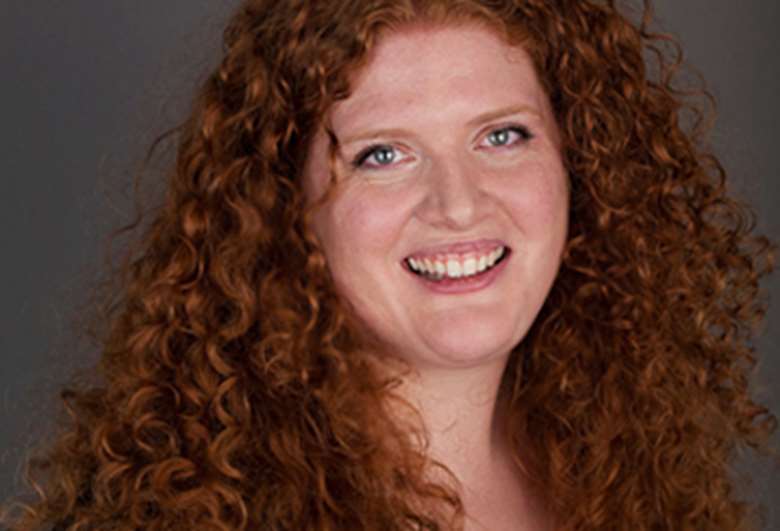Interview: Sarah Pearson, Interim director of the New Schools Network
Monday, June 1, 2015
The Government wants to create 270,000 extra places in 500 free schools by 2020. Last Friday (29 May) was the deadline for the latest round of applications for the next wave of free schools. The New Schools Network provides support through the application process.

The Department for Education has made it easier for free school applicants to include nursery provision. What do the changes mean?
The changes since February mean that any free school applicants can apply to the DfE to include the 15 hours a week to threeand four-year-olds and the most disadvantaged two-year-olds as part of their school and also apply for capital funding for their nursery provision.
Once the DfE has approved an application the school works with the Education Funding Agency on finding a building, purchasing it and on converting it into a school.
What examples do you have of free schools offering nursery provision?
We have seen a number of schools approved by groups that have a nursery as part of the school.
Hatfield Community School is a primary free school in Hertfordshire opened in 2012 and was one of the first to be judged outstanding by Ofsted. It has an independent nursery on-site, which works in close partnership with the school; nursery provision was rated good last month. Batley Grammar School is an all-through that converted from an independent school to a free school in 2011. It has an independent nursery on site, Little Batelians, run by the Batley Grammar School Trust. It was also judged by Ofsted as good.
We'd love to hear from nurseries interested in getting involved in free school projects in their area. It's too early to say how many places they could offer.
Most of the applications from this round will be for free schools opening in September 2017.
Are free schools mainly opened by academy chains?
The majority are definitely set up by schools or teachers, academy trusts and academies. Some are set up by charities, for example the YMCA in Southend and the National Autistic Society. It's an extra rigorous application process, and you have to have a high level of educational expertise, so a school might have someone who was the head of an 'outstanding' school.
You have to have a strong relationship with local parents. Of the 254 open free schools, 37 per cent are primary, 41 per cent secondary, 16 per cent are all-through and 6 per cent are 16-19. We're seeing a growth in all-through schools, especially teacher-led, because they have identified that the transition from primary to secondary can be difficult.




